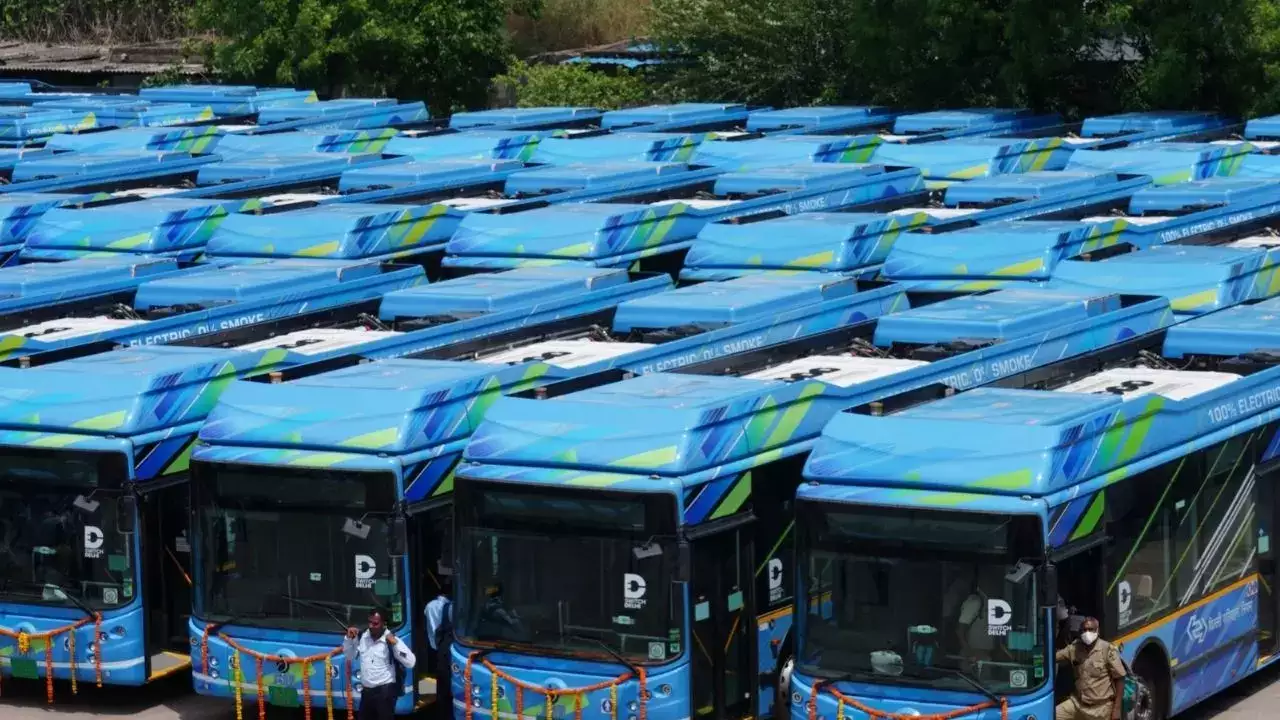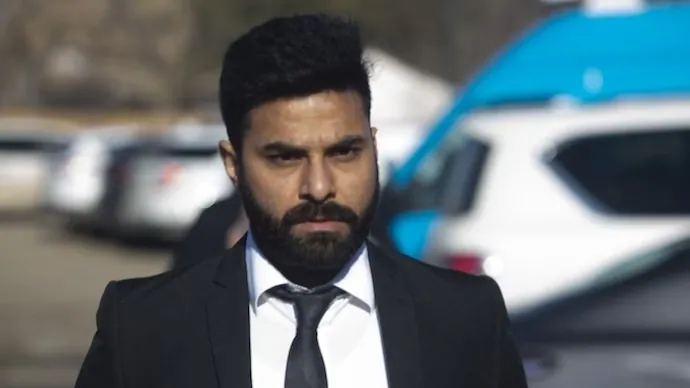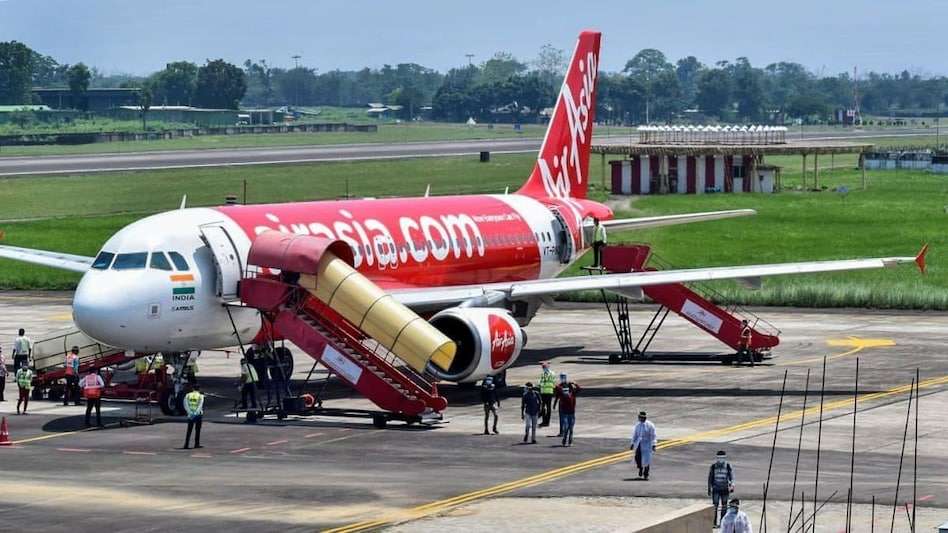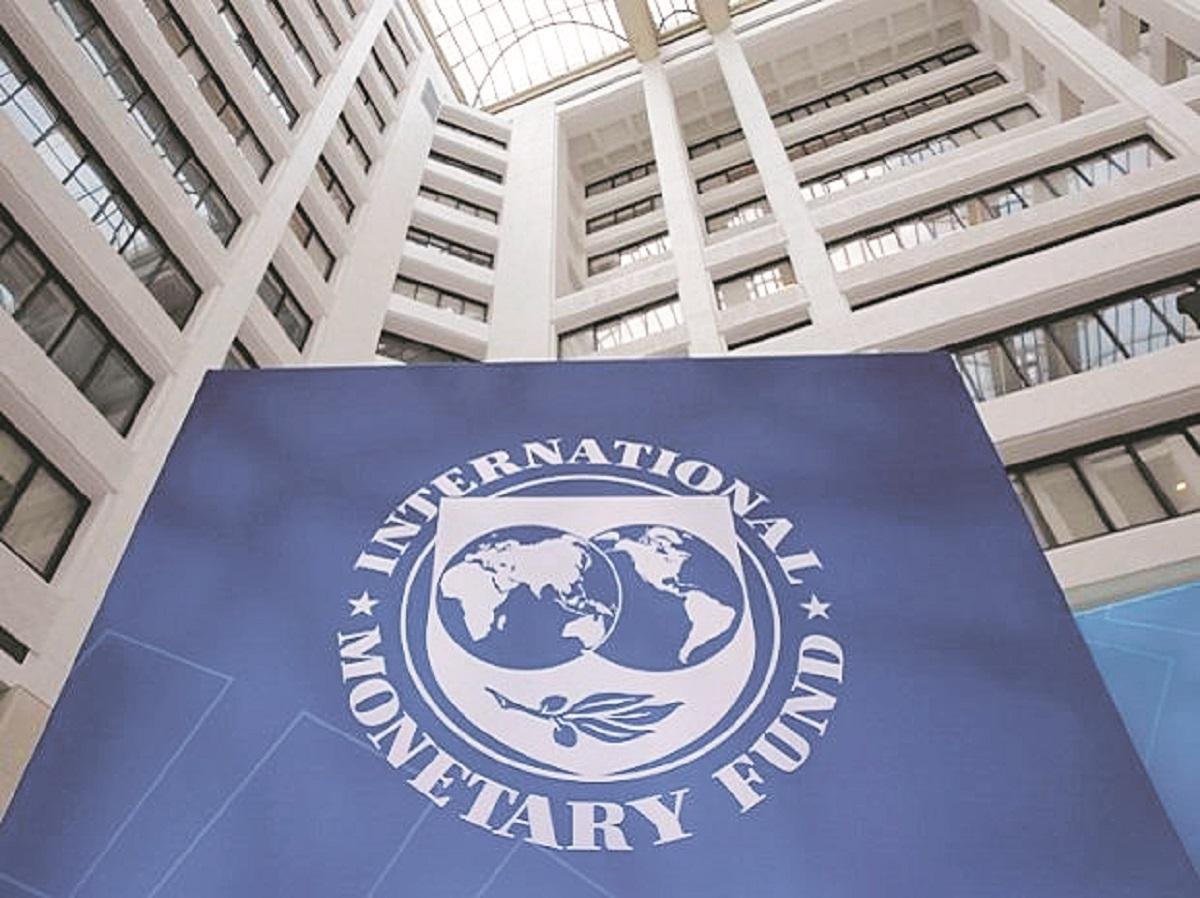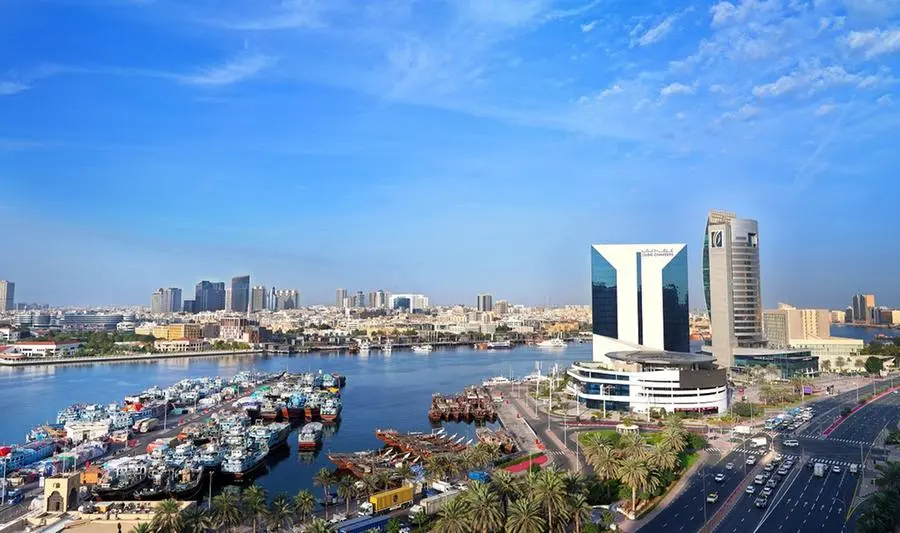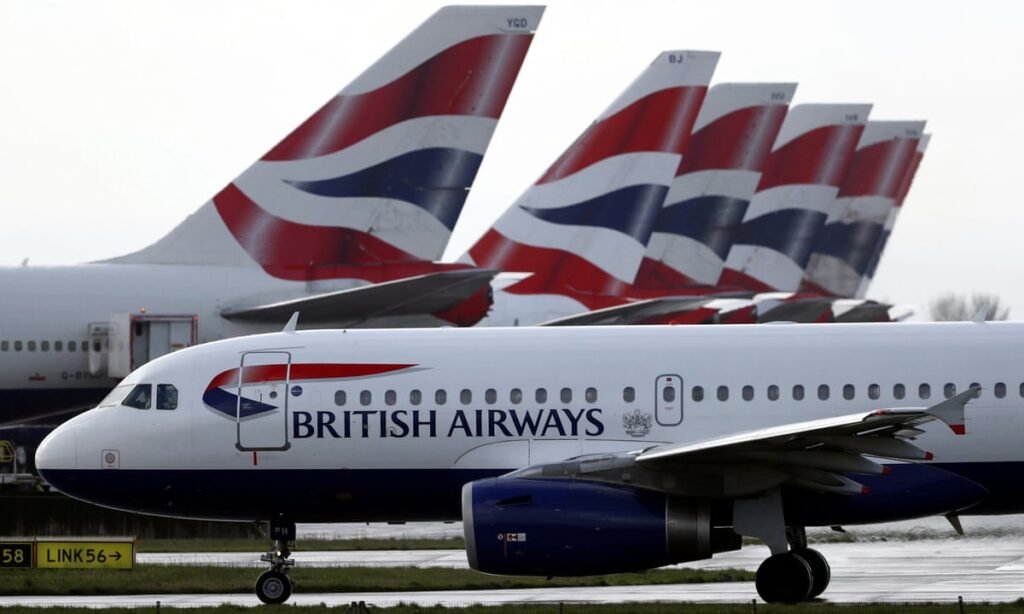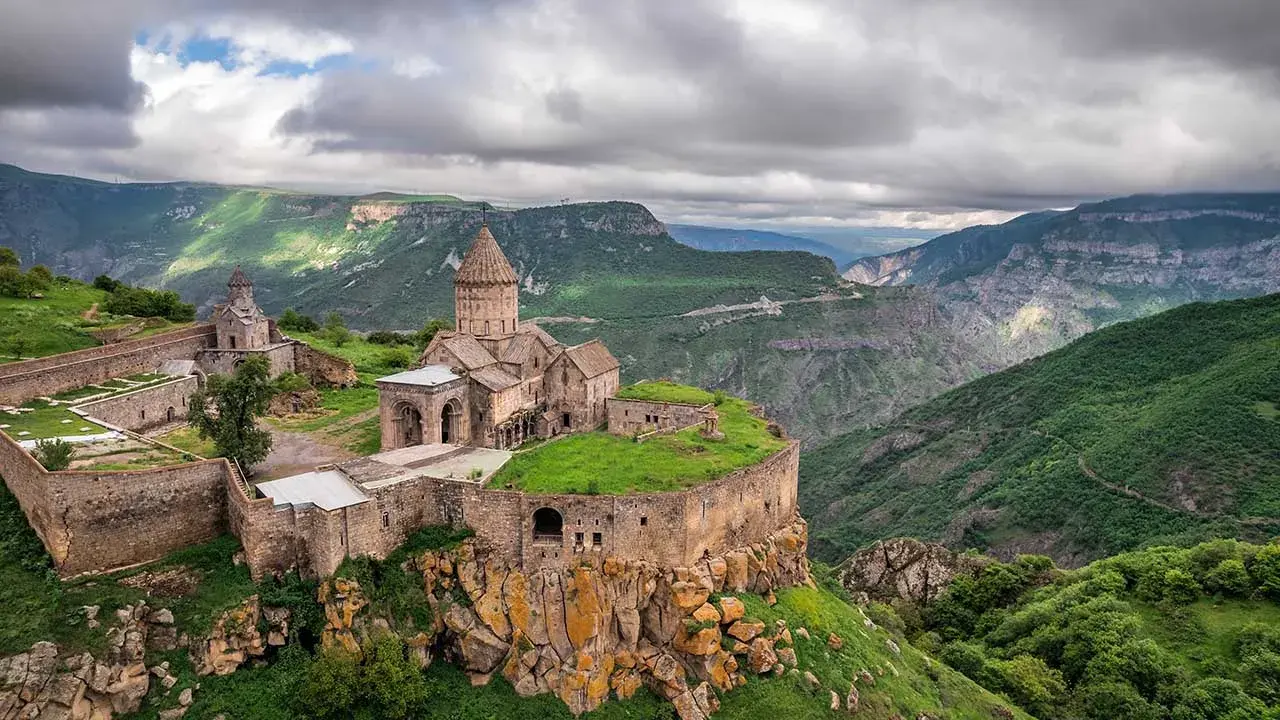“We have state transport undertakings (STUs) at the back being incentivised and encouraged to come up with large orders for us. The bigger the lot size, the lower is the price expectation.”
— Mahua Acharya, MD and CEO, CESL
The country is witnessing a huge demand for electric buses. After the success of Convergence Energy Services Ltd’s (CESL) 5,450 electric bus tender last month that received enthusiastic response from the industry and realised a cost reduction of 40% over diesel and 34% over CNG buses, the government has decided to bring in multiple tenders for 50,000 buses in the next one year.
“We have state transport undertakings (STUs) at the back being incentivised and encouraged to come up with large orders for us. The bigger the lot size, the lower is the price expectation,” Mahua Acharya, MD and CEO, CESL, was quoted saying. “The next step is to take it a few notches higher to a scale that is roughly 10 times the grand challenge. The government is looking at 50,000 buses being deployed over the next 5-7 years and this time it will not be restricted to just the top 5-7 cities but to smaller towns across the country,” the CEO said.
The government has been backing electric mobility for quite some time. The numbers are not small. In fiscal 2022, for example, around 30,000 buses were sold in the country. More important, the bids showed that electric buses did not need subsidies to compete with diesel or CNG.
Along with Tata Motors, that will get to deliver 3,250 buses including all 1500 in Delhi and Bengaluru, Olectra and Volvo Eicher would also get to supply 300 and 150 buses in Hyderabad and Surat, respectively
“The prices that we realised were 57% lower than diesel and 49% lower than CNG for the buses with subsidy. But even without that, they were lower by 41 and 34%, which means it is self sustainable in a free market. That is the biggest takeaway for me,” said Mahua Acharya.
India’s largest commercial vehicle maker Tata Motors swept the tender with the lowest bid on all five categories. The lowest price for a 12-meter bus was Rs. 43.49 per km, and for a 9-m bus was Rs. 39.21 per km. The tender was done under the operating expenses model so the bids included the maintenance of the buses as well as the cost of electricity for charging the buses.
With a fixed contract of 12 years and assured run of 10 lakh kilometres per bus, it would end up saving an estimated 1.88 billion liters of fossil fuel and 3.31 million tonnes of CO2e that would otherwise be emitted from the tailpipe. The low prices would also save approximately INR 361 crores of subsidy under the FAME scheme.
Along with Tata Motors, that will get to deliver 3,250 buses including all 1500 in Delhi and Bengaluru, Olectra and Volvo Eicher would also get to supply 300 and 150 buses in Hyderabad and Surat, respectively.
*************************************************************
Readers
These are extraordinary times. All of us have to rely on high-impact, trustworthy journalism. And this is especially true of the Indian Diaspora. Members of the Indian community overseas cannot be fed with inaccurate news.
Pravasi Samwad is a venture that has no shareholders. It is the result of an impassioned initiative of a handful of Indian journalists spread around the world. We have taken the small step forward with the pledge to provide news with accuracy, free from political and commercial influence. Our aim is to keep you, our readers, informed about developments at ‘home’ and across the world that affect you.
Please help us to keep our journalism independent and free.
In these difficult times, to run a news website requires finances. While every contribution, big or small, will makes a difference, we request our readers to put us in touch with advertisers worldwide. It will be a great help.
For more information: pravasisamwad00@gmail.com

